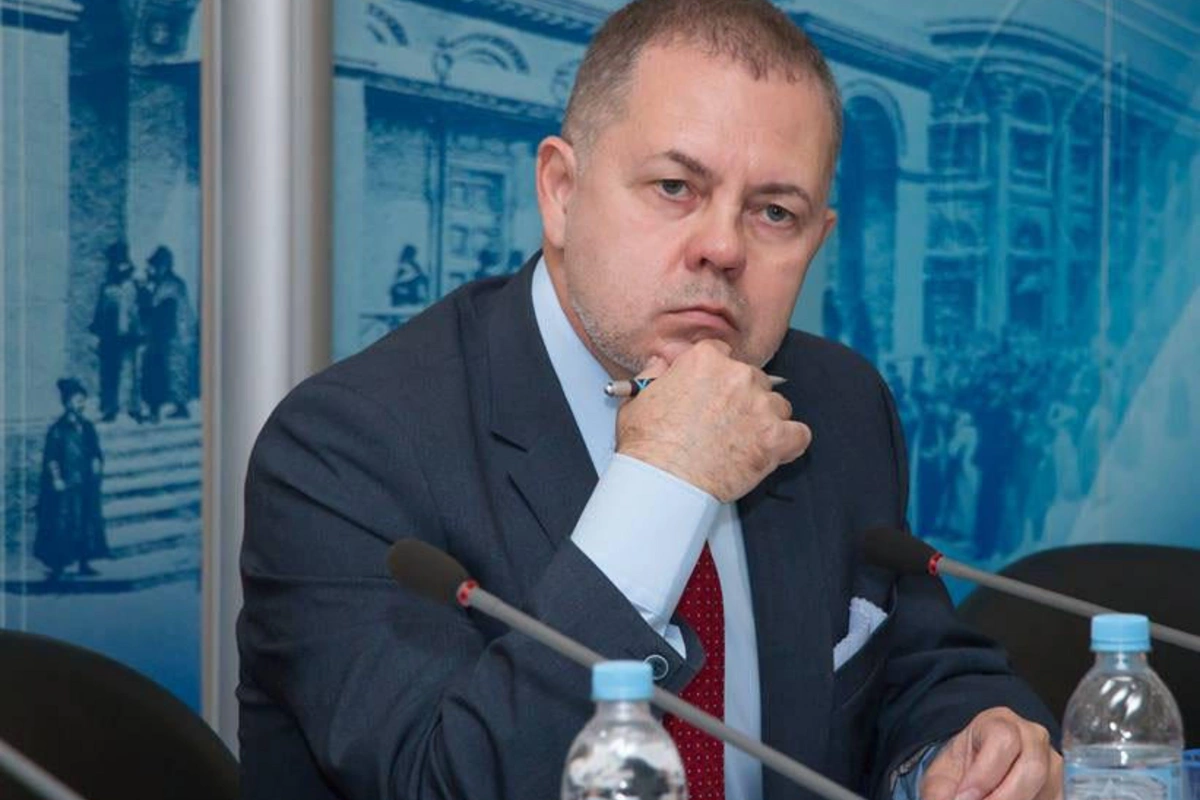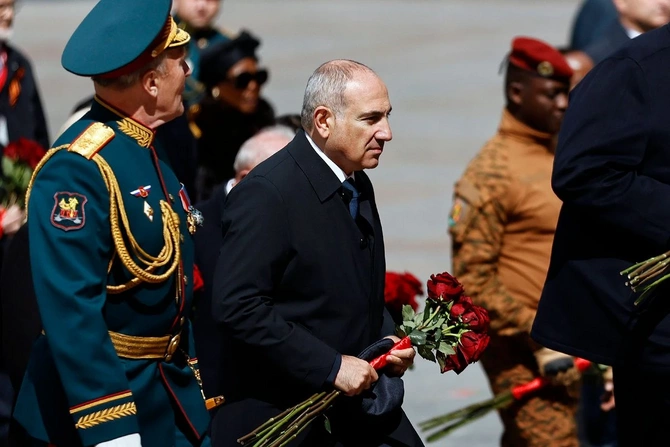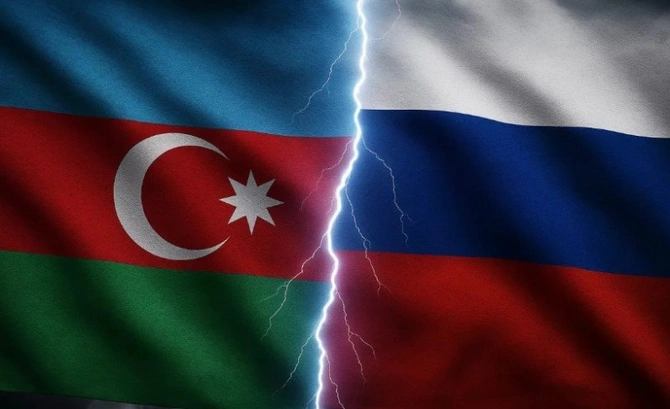
By Asif Aydinly
As Armenia continues to face internal political instability and external geopolitical challenges, the role of Prime Minister Nikol Pashinyan remains the subject of intense debate both within the country and beyond. Against the backdrop of tens relations between Baku and Moscow, and amid discussions over the long-awaited peace treaty between Armenia and Azerbaijan, The Caspian Post spoke with Grigory Trofimchuk, a prominent Russian foreign affairs expert.
- How do you assess the current political situation in Armenia? As is known, the parliamentary opposition has initiated an impeachment process against Prime Minister Nikol Pashinyan.
- The political situation in Armenia has remained largely unchanged since 2020, when the opposition accused Pashinyan of surrendering Karabakh. Despite numerous protests, the opposition has failed to achieve a change in leadership. In my view, they lack the determination to see the process through to the end. This prolonged state of uncertainty seems to suit Pashinyan. His political strategy is to maintain a delicate balance between different forces without making definitive commitments. This allows him to retain power despite criticism from both the opposition and the public.
- What does Nikol Pashinyan’s recent visit to Moscow to attend the Victory Day parade, in your view, signify?
Photo credit: oc-media.org
- This visit demonstrates that Pashinyan is not yet ready to completely sever ties with Moscow. Since 2018, he has been testing the limits of Armenia’s relationship with the CSTO without taking the decisive step of cutting ties. Apparently, Europe has not provided him with sufficient guarantees to allow him to fully shift toward the West. This ambiguous position benefits Pashinyan, as it allows him to remain “a stranger among his own and one of his own among strangers,” signaling openness to dialogue while avoiding concrete actions. This approach is also evident in his handling of the peace treaty with Azerbaijan-he expresses readiness to sign but avoids taking steps toward actual implementation. His solitary presence at the parade in Moscow, watching Azerbaijani commandos march past, appeared particularly symbolic and illustrative of this ambivalent stance.
- According to a survey conducted by the Armenian office of Gallup International Association, 86% of respondents believe they should be allowed to review the draft peace agreement with Azerbaijan before it is signed. In your view, is Armenian society ready for such an agreement?
- Armenian society is not ready for this. It is much more comfortable blaming Pashinyan for everything, avoiding accountability for its own inaction on this critical national issue. The opposition and much of society will likely reject any draft agreement that touches on fundamental issues, especially constitutional changes. Even if there are no hidden protocols, Pashinyan will be suspected of them by default. Moreover, even if the agreement is signed, Armenian society does not trust Pashinyan to ensure its proper implementation or to prevent the country from sliding further into crisis, regardless of what is written on paper.
- Tensions between Baku and Moscow still seem to persist. How important do you think the search for compromises is for both sides?
Photo credit: Caliber.az
- The search for compromise is always important. It was the ability to navigate complex compromises that enabled Baku to make its breakthrough in Karabakh starting in 2014, culminating in success in 2023. However, today, what is needed is not just compromise but a clear assessment of the international political landscape and a strategic understanding of which developments Baku can leverage to its advantage. Azerbaijan’s strength lies in its reputation as a country that delivers on its commitments-a rare quality in today’s world. Baku closely monitors Russia’s actions, as they significantly influence regional dynamics and Azerbaijan’s strategic planning. The current tension between Baku and Moscow is rooted not in the absence of compromise but in fundamental differences in principles. Some Moscow-based analysts have tried to pressure Azerbaijan, but such tactics are ill-advised. Those days are over. It is important to understand that Azerbaijan today is not the same as it was in 2014, when this entire process began to gain momentum.
Share on social media